Summary
- Whether you’re new to the fashion industry or already have experience, becoming a clothing manufacturer is a smart business decision.
- With more brands outsourcing design and production, there’s a growing demand for skilled manufacturers.
- Audaces360 can provide all the solutions you need to succeed. Start your free trial today!
The clothing industry generates nearly 2 trillion dollars annually and is one of the world’s largest. After all, clothing and fashion are essential to everyone.
A successful textile supply chain is a collaborative effort. It relies on suppliers, fabric finishers, and clothing manufacturers working together seamlessly.
Apparel production is always in demand and could be your company’s core business. Discover the benefits and learn how to launch it in the following paragraphs.
Happy reading!
Sumário
Is becoming a clothing manufacturer a good business?
Becoming a clothing manufacturer offers great potential for success. This is especially true given the constant demand for apparel.
Although it requires an initial investment in equipment and skilled labor, the rewards can be substantial.
With efficient supply chain management and attention to quality, you can build a strong, profitable business.
The key is to stay adaptable and innovative. Ensure your products are of high quality and meet your clients’ demands.
If you’re passionate about fashion and have a solid business plan, chances are becoming a clothing manufacturer will be a rewarding venture!
Learn more: How can mass production boost your apparel manufacturing?
What services does a clothing manufacturer offer?
A clothing manufacturer can offer a wide range of services. You may specialize in just one or offer a full suite of services.
Depending on your company’s structure, consider these options:
Collection development
This service involves interpreting design briefs and transforming them into full collections. It includes trend analysis and concept creation.
The process should begin with an in-depth conversation with your client to understand their exact needs.
Be sure to ask about colors, size ranges, target audience, and any other relevant details. This information will be crucial for building a cohesive collection.
At this point, your work can stop, and you may deliver the service as is to the client. As an alternative, the service can continue, depending on the client’s preferences.
They may request a complete delivery, which includes the designs for the entire collection. For this, you will need to develop each proposed design in detail.
It includes creating sketches and tech packs, outlining materials and measurements. The more comprehensive your service, the higher the value you can provide to your client and the more you can charge.

Pattern making
This stage involves creating patterns and grading them. Base the pattern on the sketches and tech packs, which may have been created by you or provided by the client.
You’ll transfer the envisioned design into a production-ready format. The delivery to the client includes the patterns with the desired fit and all necessary production details. It includes seam allowances and notches.
Depending on the services you offer, the client may also request a sample garment. If you don’t have in-house sewing capabilities, you can partner with a seamstress.
This way, you can provide a complete service, including tested patterns and a sample garment.
Learn more: Understand the importance of a pattern maker for fashion manufacturing
Cutting and sewing
This service involves producing the actual garments. You’ll use the patterns that you’ve created or that were provided by the client.
With these patterns, you’ll create a marker. It’s the layout of how the fabric will be cut to produce the required quantities of each size.
Using specialized software and equipment, you’ll cut the fabric. Next, sort the pieces into appropriate bundles for the next stage: sewing.
Many companies offer both pattern making and cutting and sewing services. This allows for a complete production process, delivering the finished product directly to the client.
Learn more: How to overcome slow cutting in your apparel manufacturing?
Finishing
Combine this step with the previous one if you want to offer a complete production service.
Clothing manufacturers who only offer this step are usually small, highly specialized businesses. For example, they might specialize in embroidery, hand finishing, or button application.
If you work with garment production in general, it’s worth investing in this stage. It requires minimal equipment and can significantly enhance your service offering.
Even small details like these often necessitate specialized labor, which can justify a higher price point.
Moreover, clients appreciate receiving a complete package without having to deal with many providers.
Packaging and logistics
Finally, the last stage of garment manufacturing is packaging and delivery. In this service, you’ll individually package each garment using the packaging specified by your client.
Often, these packages are customized to reinforce the clothing brand’s identity. This is also where you apply labels, barcodes, and other necessary identifiers.
The client may also want you to handle the logistics. Depending on your setup, you can provide delivery services. It can be either back to the client or directly to the end consumer.
Optionally, you can partner with a logistics company. It will collect the products from your business and distribute them to retailers.
Ready to kickstart your clothing manufacturing business? Get our free infographic for 4 essential tips to supercharge your productivity!
Does a clothing manufacturer produce for other brands?
Yes, a clothing manufacturer often produces garments for other brands. This is typically done through contract manufacturing or private label production.
The manufacturer handles the production process based on the brand’s designs and requirements.
Brands outsource production to clothing manufacturers to leverage their expertise and resources. This way, brands can focus on design, marketing, and sales.
Benefits of working as a clothing manufacturer
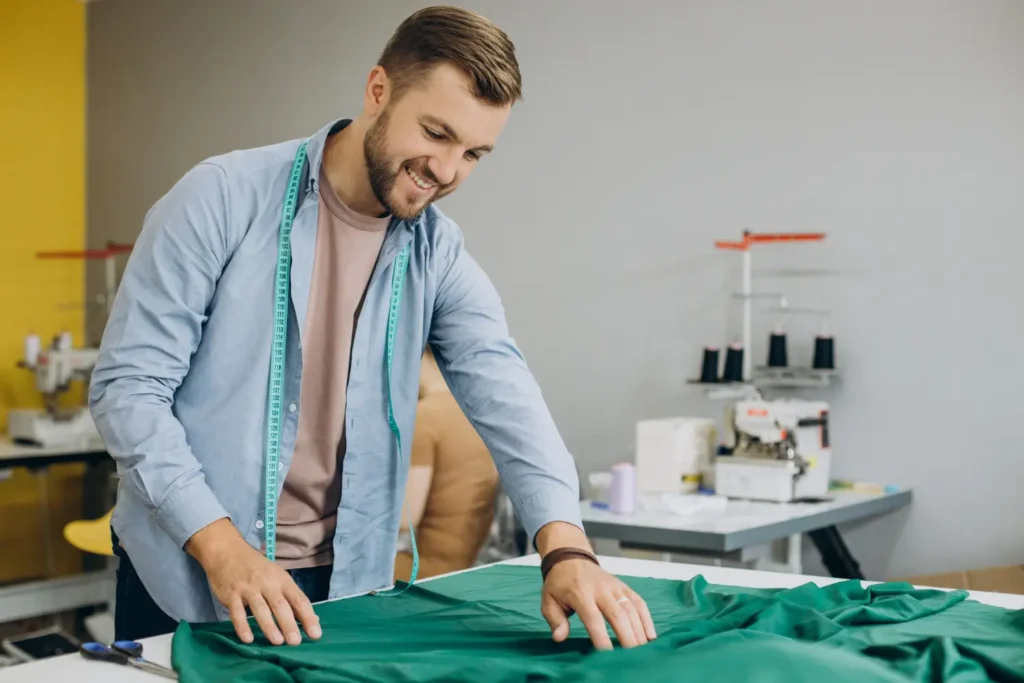
Working as a clothing manufacturer offers numerous advantages. It allows you to tap into the growing demand for apparel across various sectors, from fashion to uniforms.
By specializing in different production techniques and offering a range of services, you can cater to both small and large brands.
In addition, manufacturers have the opportunity to establish long-term relationships with clients, creating a steady revenue stream.
Check out some more benefits:
Business scalability
A clothing manufacturer can grow in size and output relatively easily. As demand increases, you can invest in more machinery, expand your workforce, or even automate parts of production.
This allows you to take on larger orders, diversify product offerings, and boost your profitability over time.
Learn more: How to apply PPC for manufacturing in your fashion business?
Client and niche diversity
You can have the flexibility to work with a wide range of clients across different niches. This includes fashion brands, corporate clients, and specialty markets.
Diversity not only provides a steady flow of business but also allows manufacturers to easily pivot. You can change and adjust according to the market trends, ensuring long-term stability.
Potential for global expansion
Offering services such as collection development and digital pattern making allows you to work with clients worldwide.
But if your focus is on production, becoming a clothing manufacturer can also unlock global opportunities.
As production scales up, shipping internationally becomes more feasible. It will help your business grow beyond local borders.
Learn more: Where and how to buy clothing manufacturing equipment?
Compliance with ESG practices
By aligning with Environmental, Social, and Governance (ESG) standards, a clothing manufacturer can strengthen its reputation. This strategy can appeal to brands focused on sustainability.
Implementing eco-friendly processes, ensuring fair labor, and reducing waste contribute to building credibility.
These efforts attract conscious clients and position your business as a responsible player.
Learn more: Discover how sustainable design can delight your customers
Manufacture clothes for your clients with Audaces solutions
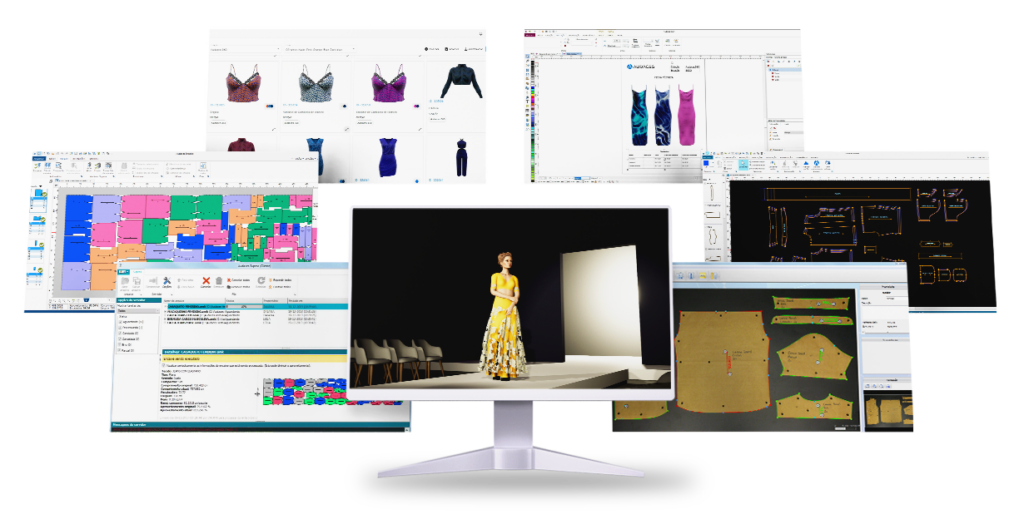
Audaces360
Audaces360 seamlessly integrates cutting-edge digital innovations to optimize workflows in the textile and apparel industry.
It caters to companies of all sizes and types, offering the flexibility to scale with your business needs.
All solutions were carefully developed to address the specific challenges of the industry. They streamline and accelerate your design and production processes, saving valuable time and resources.
Audaces360 boasts a comprehensive range of functionalities, including pattern making, marking, collection management, vector drawing, and 3D creation. In addition, a fashion Artificial Intelligence to assist you along the way.
Audaces Cutting Room
Looking for complete automation? Audaces Cutting Room offers the perfect solution.
Seamlessly integrate software and machinery to maximize precision and efficiency in your clothing manufacturer endeavor.
Our experts will thoroughly assess your company’s needs and create a customized automation project. This way you can achieve impeccable cuts on curves and details with our smart cutting machine.
This not only speeds up deliveries but also boosts your results by delivering superior products to your customers.
Partner with a company boasting over 30 years of textile industry expertise, ensuring an exceptional return on investment.
Experience the future of fashion production with Audaces Cutting Room. Click here to request your customized project!
FAQ
Becoming a clothing manufacturer offers great potential for success. This is especially true given the constant demand for apparel.
Collection development, pattern making, cutting and sewing, finishing, and packaging and logistics.
Yes, a clothing manufacturer often produces garments for other brands. This is typically done through contract manufacturing or private label production.


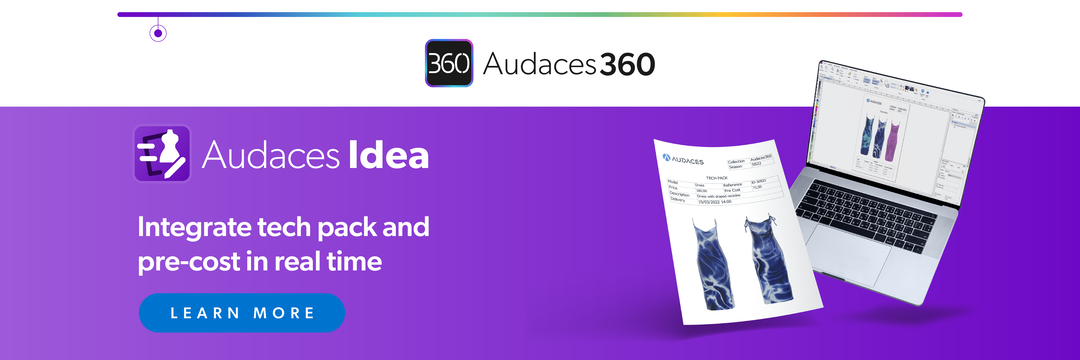
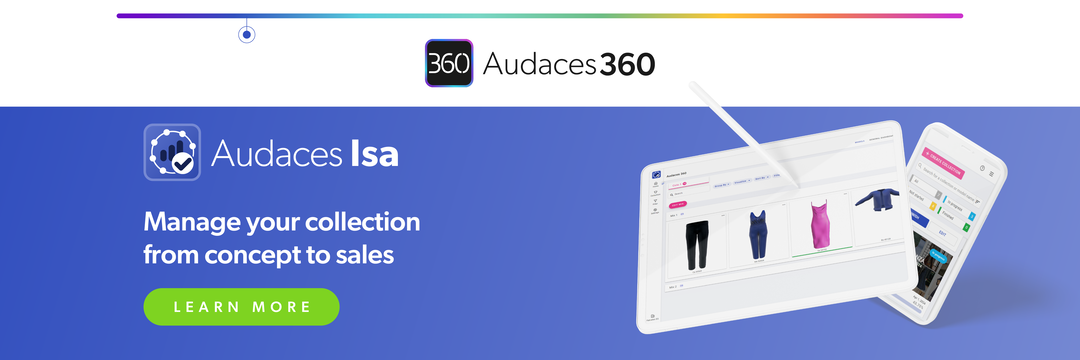
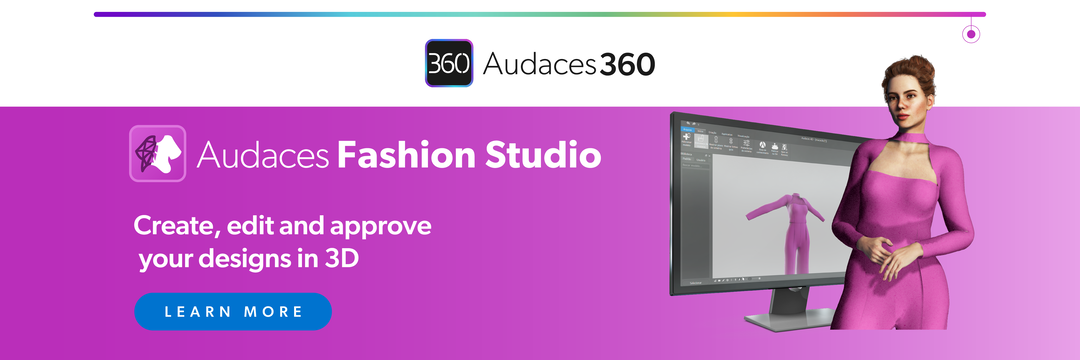
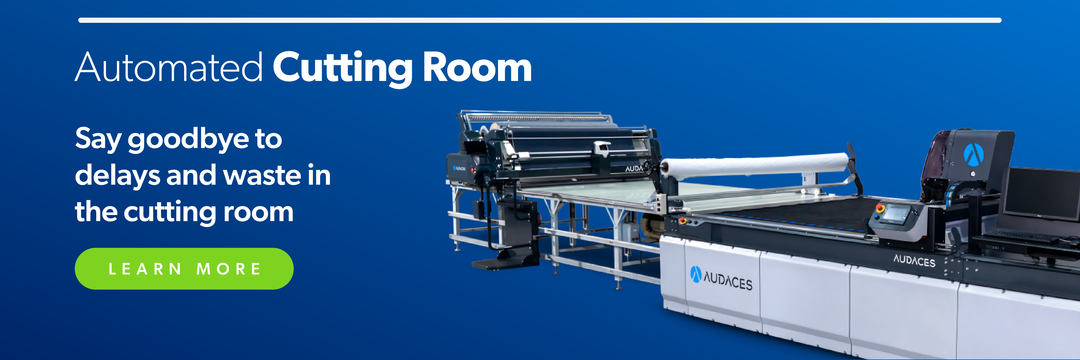
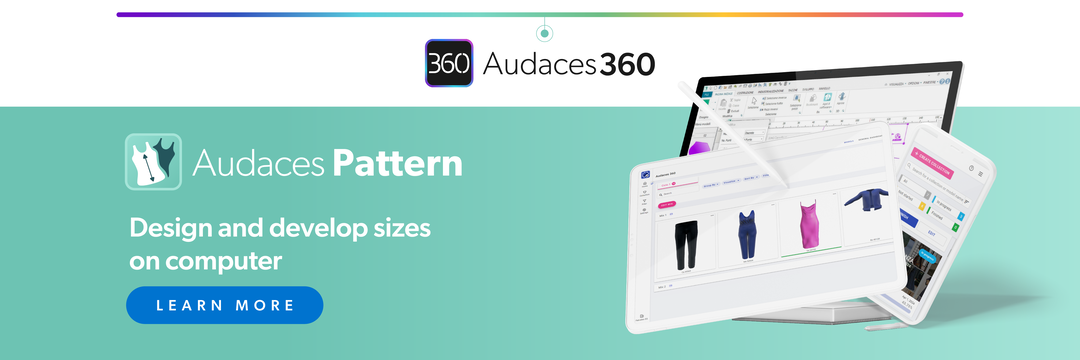



2 Responses
As a clothing manufacturing specialist, I know how importance the “pattern making” process is! And you are doing very good job that shows on your blogs. Thank you for sharing your useful thoughts.
Even we’ve been making the trending design patterns for many years. You can get to see all the existing collections and customize the designs on your dress. Kindly do visit the site to grab the dresses https://www.noblesportswear.com/
Thank you for your kind words!
As a clothing manufacturing specialist, you might enjoy exploring our solutions for digital pattern making and production optimization. Audaces360 offers innovative tools to streamline your workflow and enhance efficiency.
You can access a free trial here: https://marketing.audaces.com/lp-trial-audaces360
Let us know if you have any questions—we’d love to hear your thoughts!